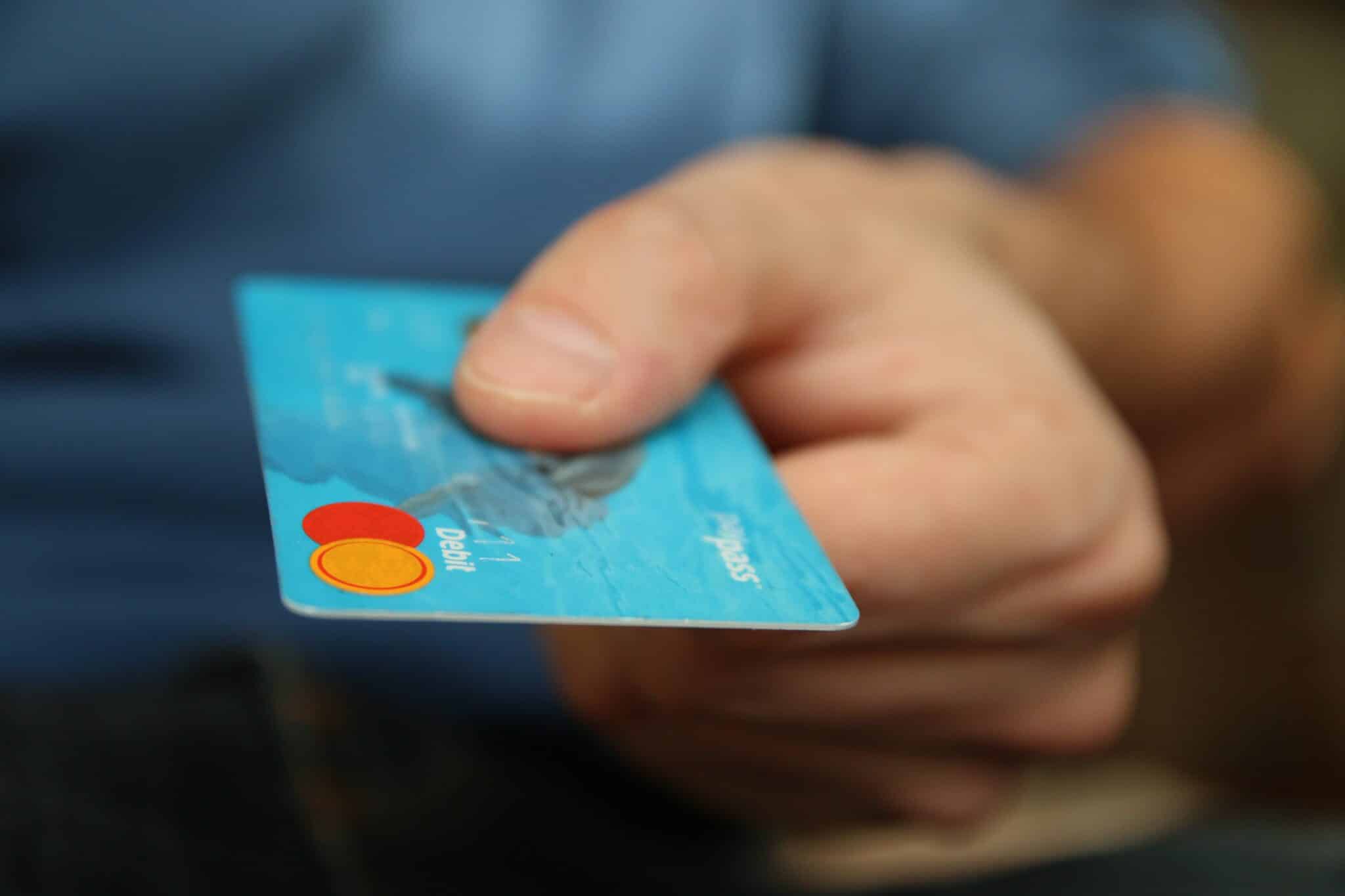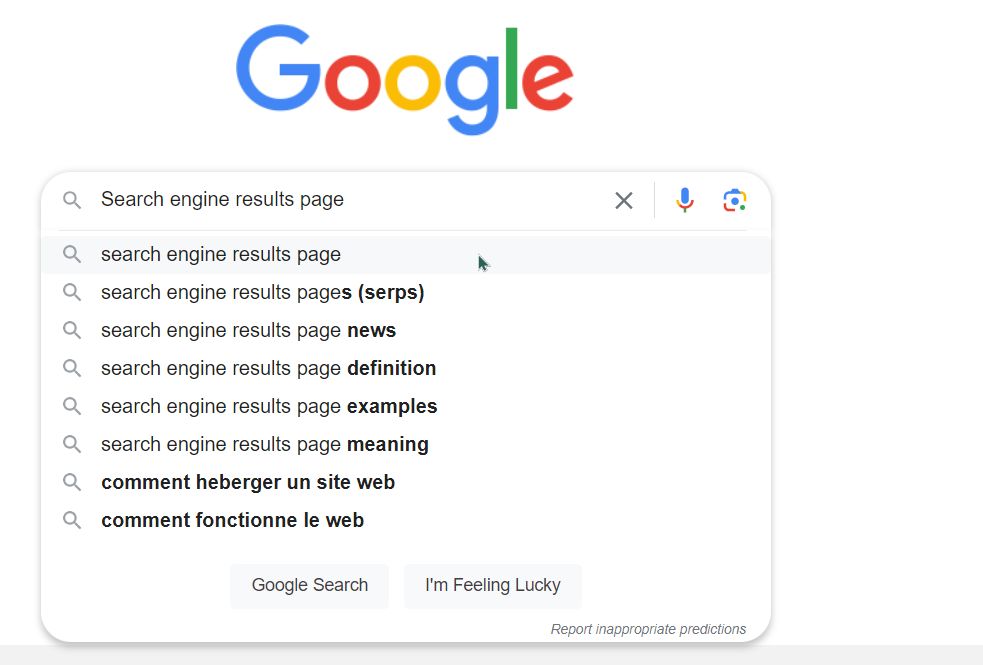E-commerce in the Netherlands is different from e-commerce in other European countries in a number of ways. In this article, we will explain how e-commerce in the Netherlands is different from other European countries, and how these differences impact Dutch webshops.
1. The size and scale of e-commerce in the Netherlands
One of the key differences between e-commerce in the Netherlands and other European countries is the size and scale of e-commerce in the Netherlands. The Netherlands is a small country, with a population of around 17 million people, and a relatively small consumer market.

However, the Netherlands has a high rate of e-commerce penetration, with a large proportion of the population shopping online. In 2019, the e-commerce market in the Netherlands was worth around €17.3 billion, with a growth rate of 12.3% compared to the previous year. This means that the e-commerce market in the Netherlands is relatively small compared to other European countries, but it is growing rapidly.
2. The role of cross-border e-commerce in the Netherlands
Another key difference between e-commerce in the Netherlands and other European countries is the role of cross-border e-commerce in the Netherlands. The Netherlands is a small country, but it is also an important hub for cross-border e-commerce within the EU.
The Netherlands has a well-developed logistics and transportation infrastructure, with a large number of ports, airports, and distribution centers. This makes it an attractive location for businesses that want to sell their products to consumers in other countries within the EU. As a result, the Netherlands has a high level of cross-border e-commerce, with Dutch businesses selling to consumers in other European countries, and businesses from other European countries selling to consumers in the Netherlands.
3. The Role of mobile e-commerce in the Netherlands
Another key difference between e-commerce in the Netherlands and other European countries is the role of mobile e-commerce in the Netherlands. The Netherlands has a high rate of smartphone and internet penetration (95%), with a large proportion of the population using smartphones and other mobile devices to access the internet.
As a result, mobile e-commerce is an important part of the e-commerce market in the Netherlands. In 2019, mobile e-commerce accounted for around 45% of the total e-commerce market in the Netherlands, with a growth rate of 20% compared to the previous year. This means that Dutch webshops must ensure that they are providing a good mobile experience for their customers, in order to succeed in the Dutch market.
4. Payment via iDEAL
Some 70% of all B2C e-commerce payments in the Netherlands happen via iDEAL, so you better know what this online payment system is exactly! iDEAL allows customers in the Netherlands to make payments directly from their bank account. It is a popular and convenient way for Dutch consumers to make purchases online, as it allows them to pay directly without the need for a credit card or other third-party payment service. To use iDEAL, customers simply select it as their payment method at checkout and then choose their bank from a list of participating banks. They are then redirected to their bank’s website, where they can securely log in and authorize the payment. The transaction is processed in real-time, and the funds are transferred directly from the customer’s bank account to the merchant’s account.
The impact of these differences on Dutch webshops
The differences between e-commerce in the Netherlands and other European countries have a number of implications for Dutch webshops. For example, the small size of the Dutch market means that Dutch webshops must focus on niche markets or specialized products in order to succeed.
The high level of cross-border e-commerce in the Netherlands means that Dutch webshops must be prepared to sell to consumers in other European countries, and to deal with the challenges and opportunities of cross-border e-commerce.

The importance of mobile e-commerce in the Netherlands means that Dutch webshops must ensure that they are providing a good mobile experience for their customers, in order to succeed in the Dutch market.
Adapt and overcome
E-commerce in the Netherlands is different from other European countries in a number of ways, including the size and scale of the e-commerce market, the role of cross-border e-commerce, and the importance of mobile e-commerce. These differences have a number of implications for Dutch webshops, including the need to focus on niche markets or specialized products, the need to be prepared for cross-border e-commerce, and the need to provide a good mobile experience for customers. By understanding these differences, Dutch webshops can adapt to the unique characteristics of the Dutch e-commerce market and can increase their chances of success.
In our backlink webshop, you’ll find iDEAL is not the only payment option. We also offer payment via bank transfer and creditcard since we service business customers from around the world!




